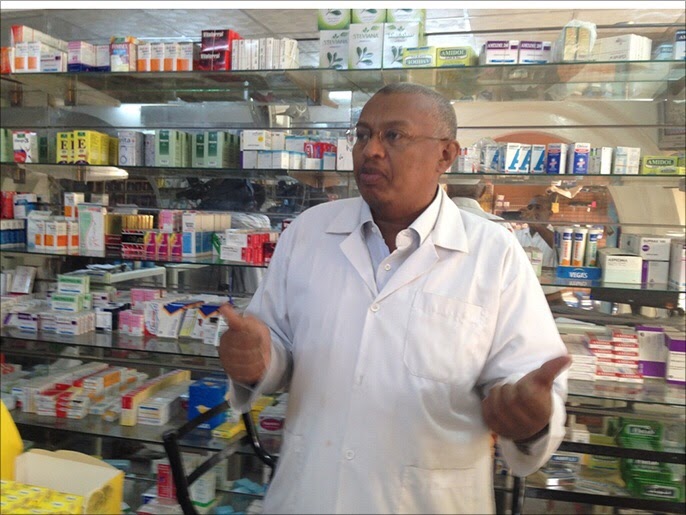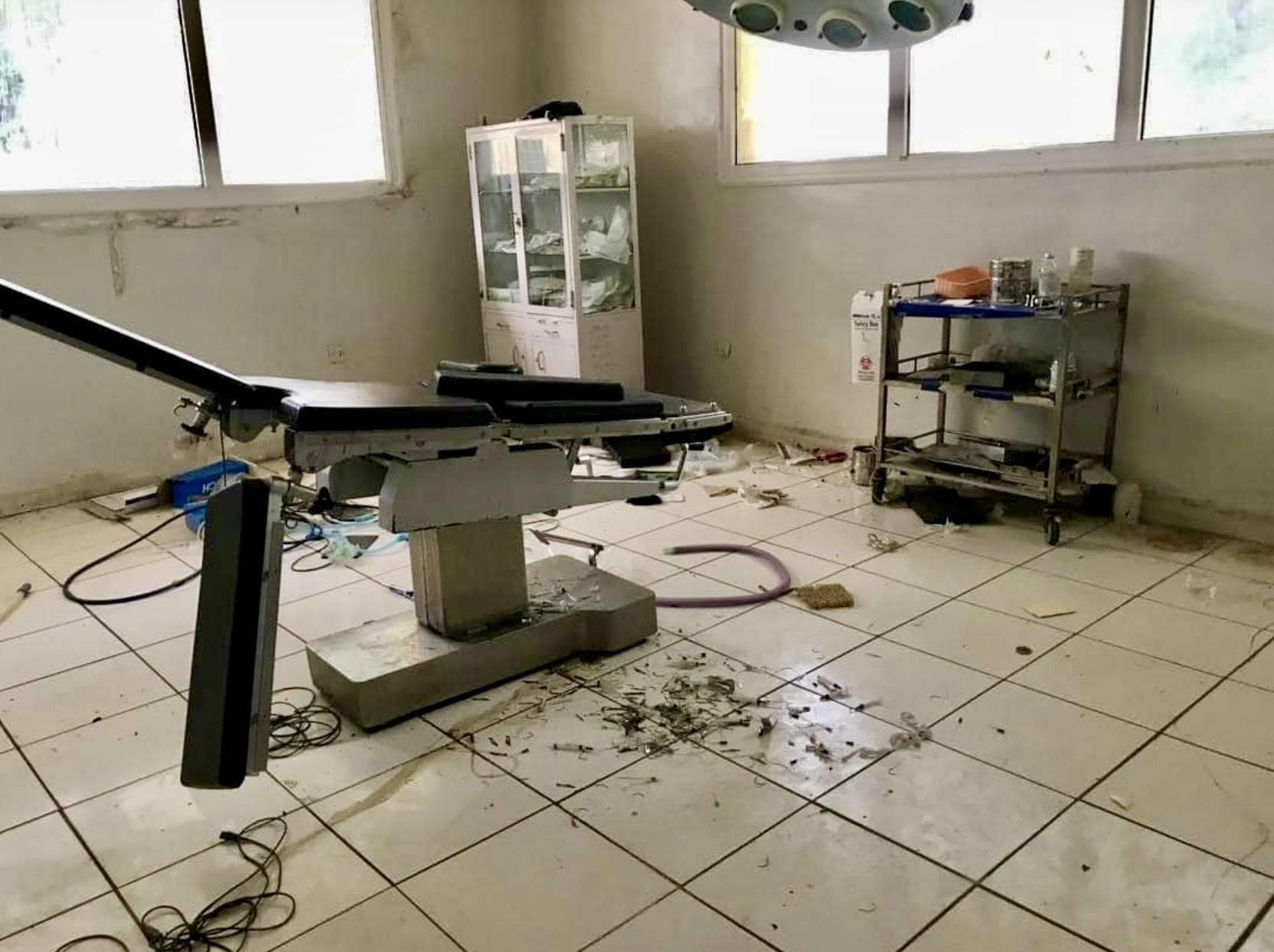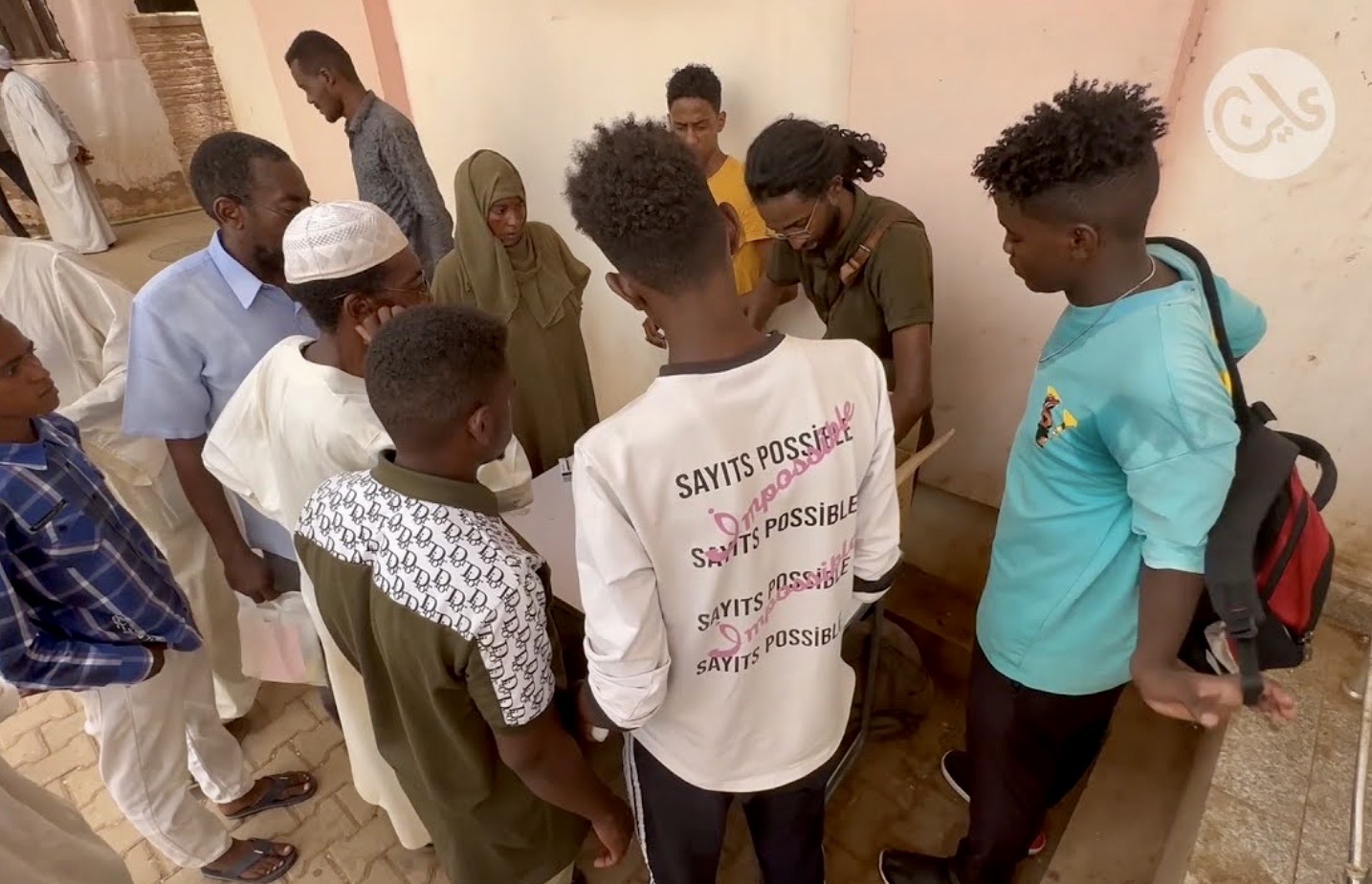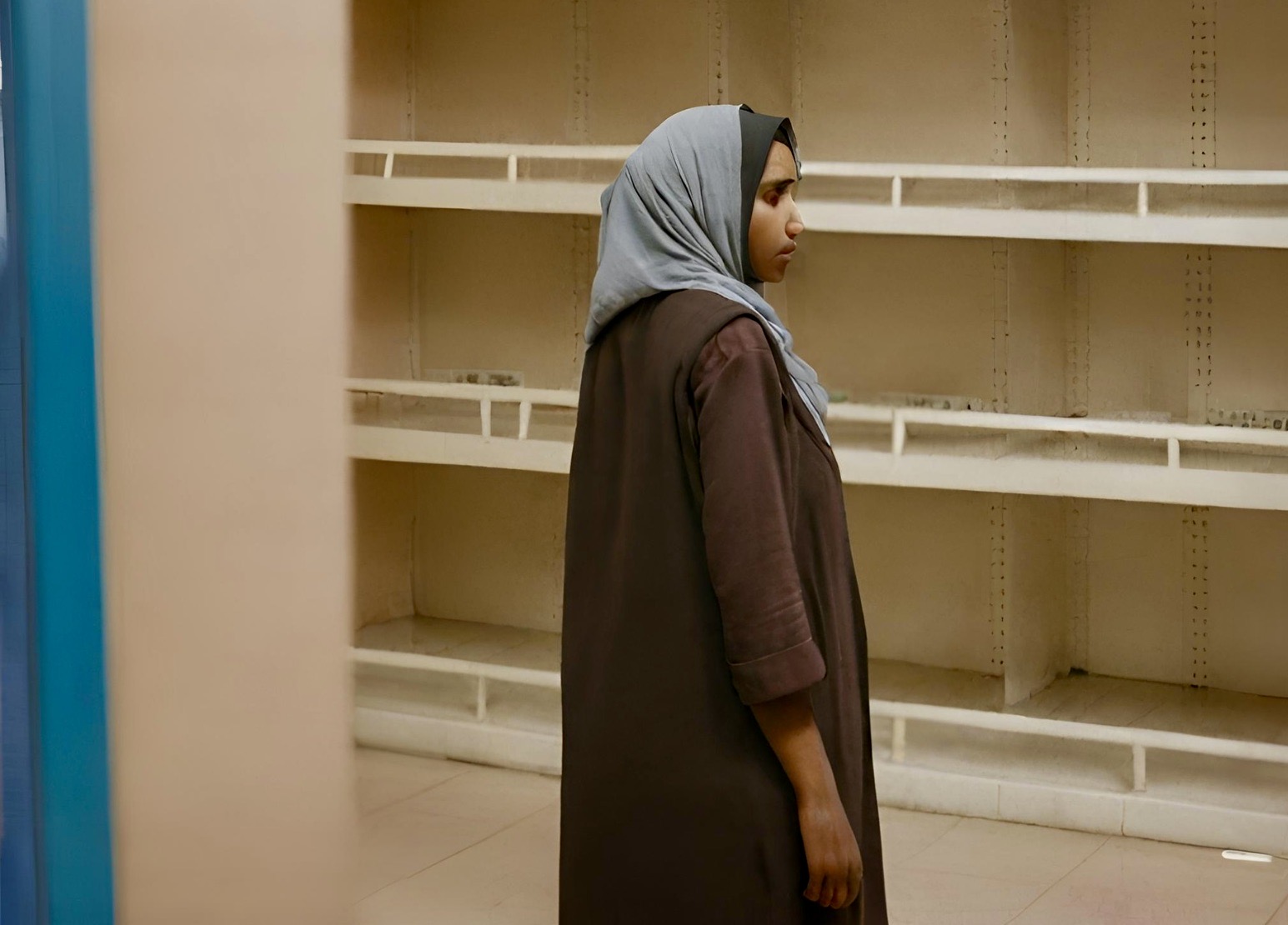A dearth of medicine, a dearth in access
24 April 2024
A huge dearth of medicine in Sudan, along with severe restrictions on delivering any available medical supplies, has prevented thousands of civilians from receiving medical treatment despite an unprecedented need.
Volunteers who provide a lifeline for the conflict affected at the Emergency Response Room (ERR) in Bahri, Khartoum North, cite a sharp increase in dengue fever cases in the city, with 720 suspected cases and four deaths in the past few weeks. This stark figure is part of the estimated 11,000 cases of dengue fever across the country, according to the ministry of health. The ERR in Bahri says the infection rate is highest in populated areas, with over 45 new cases reported in Al Mazaddd and Shambat. Spread by mosquitoes, Dengue fever may only affect patients for one or two weeks, but in other cases it can be fatal, according to the World Health Organization.
The Bahri ERR operates in five different medical centres across Bahri, with roughly 15 trained medical staff working in these centres, the rest being volunteers. The emergency room team suspects the spread of dengue fever is linked to the accumulation of medical waste outside a Bahri-based primary treatment facility for wounded Rapid Support Forces (RSF) personnel.
After a year of conflict in Sudan between the army and the paramilitary Rapid Support Forces (RSF) civilians struggle with severely curtailed access to medical services, allowing diseases to spread at epic proportions, says Dr. Shimaa Mohamed from the Bahri Emergency Response Room. There is an increased demand for medicine given the rising illness and injury rates, Dr Mohamed told Ayin, but supplies are limited, and face delivery challenges given the ongoing insecurity. “One of the reasons for the shortage of medicines is the lack of safe ways to deliver medicines as a result of the war and road closures,” she added. “The government and organisations must help in delivering medicines to patients as well as prioritise the provision of essential medical supplies and implement innovative solutions to overcome logistical barriers.”
According to a press release from Health Minister Haitham Ibrahim, a huge shipment of medical supplies came to the country in the first quarter of the year, of which 4,000 tons were distributed to several states, including intravenous solutions, cancer drugs, and kidney medications.

Supplies vs. access
But according to members of the Bahri ERR, medical supplies constitute only one part of the problem. At times, logistics poses a much larger challenge.
Ahmed Mohsen from the Bahri ERR told Ayin they had managed to collect medications through public contributions made in Port Sudan –a lengthy, challenging process. “But we encounter genuine challenges in bringing the necessary medications to treat cases, primarily due to the security restrictions imposed by the warring parties,” Mohsen said. The warring-parties agreed during peace talks in Jeddah negotiations to allow humanitarian aid access and guarantee protection for aid workers. Dr. Alaa Nogoud, the Secretary General of the Sudan Association of Surgeons, claims that neither side made a significant commitment during the negotiations.
With an estimated 80% of hospitals inoperative due to the war, civilians are dying from once treatable conditions in record numbers, Dr. Nogoud said. “A lot of the medical infrastructure was bombed, especially by the army air force, like Ibn Sena, Al Shab, Khatoum, and Sharg al Nile hospitals, which were targeted.” As the hospitals continue to close, the medical personnel also leave, he added. “The issue that should be considered is the health personnel who left the country, they are refugees or started working in another country, will they come back to Sudan again? This is the main catastrophe for health sector.”
Not only have the warring parties targeted medical facilities and personnel, but also pharmaceutical factories and drug stores. “These factories ceased operations with the first gunshot,” says Nihal al-Tayeb, the former advisor to the minister of health. “Companies lost the majority of their warehouses in the country, which were either looted or destroyed.” Some drug companies relocated to safer states, especially Jazeera State, al-Tayeb added, “but these companies were, once again, dealt a painful blow with the military battles shifting to Jazeera State.”

A history of neglect
But not all of Sudan’s medical challenges should be linked to the current conflict, Mohsen said. Even prior to the conflict, Sudan’s healthcare system was already in tatters—the war has left it in shreds. “We inherited a crumbling healthcare system,” Mohsan told Ayin. “The spending on health services has never exceeded 3 percent [of Sudan’s national budget] it affects the health service and the quality of service.” Even before the war, thousands of medical personnel left Sudan, looking for work conditions and an income, Dr. Nogoud said. “There was a big wave of immigration, thousands of medical staff were leaving Sudan monthly; medical staff were not satisfied with payments, work conditions, and the lack of medical supplies.”
When the former regime under Omar al-Bashir was ousted in April 2019, one of the main demands of civil society in Sudan was reforms to the health sector. After the establishment of the civilian-led governments, Sudanese people expected a better quality of service, but the civilian-led government failed to address these demands, Dr. Nogoud said. “The civilian-led government [during the transitional period] was not serious about fighting corruption in the health sector, I was fired after opening the first corruption investigation during this period,” he added. This is because Sudan’s health ministry remained under control of the former regime during the transitional period, he said, adding that Sudan’s health sector has never enjoyed genuine political support. Instead, military authorities often view the health sector as an economic opportunity rather than a public service, local doctors told Ayin, requesting anonymity for security reasons.

Profiting from patients
Al-Naw Hospital is the only hospital that provides services to residents caught in the conflict in Omdurman, Sudan’s sister capital city. One doctor who had previously worked at Al-Naw Hospital told Ayin that up until March, volunteers oversaw the hospital and offered free medical care to the sick and injured. But the army took over management of the hospital recently, the doctor said, and turned the former medical lifeline into a commercial business.
Medical sources told Ayin that the hospital now charges large sums beyond the capabilities of most civilians who are currently living in dire economic circumstances. According to another doctor at Al Naw Hospital, the hospital’s external circular drug pharmacy now charges 150,000 Sudanese Pounds (roughly $260) for treatments for minor injuries and can reach 700,000 Sudanese Pounds (roughly $1,228) for more serious afflictions. The same source said: “Citizens injured by bullets and artillery shelling are dying inside Al-Naw Hospital because they do not have the money to pay for the surgical operation in conditions that defy human conscience.”


